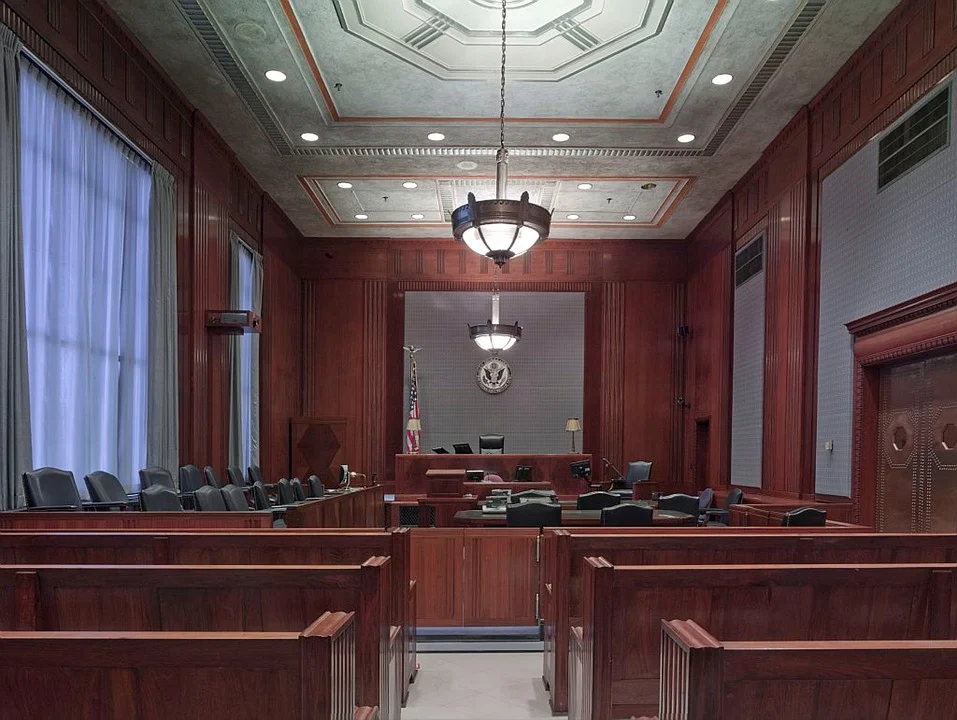On February 11, 2022, the IRS released Private Letter Ruling (PLR 202206016), addressing whether a taxpayer is qualified for a late regulatory election pursuant to Treas. Reg. §§ 301.9100-1 and 301.9100-3 of the Procedure and Administration Regulations; in order to file Form 8996. Form 8996 allows a taxpayer to self certify as a Qualified Opportunity Fund, as described within Section 1.1400Z2(d)-1: Qualified opportunity funds and qualified opportunity zone businesses. If Form 8996 is filed within a timely manner, then the Fund will be treated as a Qualified Opportunity Fund (QOF) the month the Taxpayer formed such a Fund.
The Company in Question in this PLR:
- Company organized as an LLC was formed as a QOF on a specific date (Date 1)
- Company/Taxpayer communicated with a Tax Advisor (Advisor 1), owned by a member of Taxpayer during the first year of the Company’s formation, and an outsourced Tax Advisor.
- Both Advisors were in communication with Company/Taxpayer with the main objective of filing Form 8996 in order to be treated as a QOF since Date 1.
- Confusion between the two Tax Advisors—who is filing what—caused the Federal Income return and Form 8996 to not be timely filed
- Taxpayer submitted a PLR request seeking relief under Treas. Reg. §§ 301.9100-1 and 301.9100-3. See I.R.S. Priv. Ltr. Rul. 202206016 at 2.
Rules:
Pursuant to Section 1.1400Z2(d)-1(a)(2)(i),
“[t]he self- certification of a QOF must be timely-filed and effectuated annually in such form and manner as may be prescribed by the Commissioner of Internal Revenue in the Internal Revenue Service forms or instructions, or in publications or guidance published in the Internal Revenue Bulletin.”
Treas. Reg. §1.1400Z2(d)-1(a)(2)(i) (2020)
Pursuant to Treas. Reg. § 301.9100-3(a),
“[P]rovides that requests for extensions of time for regulatory elections (other than automatic changes covered in Treas. Reg. § 301.9100-2) will be granted when the taxpayer provides evidence (including affidavits) to establish that the taxpayer acted reasonably and in good faith and granting relief will not prejudice the interests of the Government.
I.R.S. Priv. Ltr. Rul. 202206016 at 3
Treas. Reg. § 301.9100-3(b)(1),
“[P]rovides that a taxpayer is deemed to have acted reasonably and in good faith if the taxpayer—
(1)Requests relief before the failure to make the regulatory election is discovered by the Service;
(2)Failed to make the election because of intervening events beyond the taxpayer’s control;
(3)Failed to make the election because, after exercising reasonable diligence, the taxpayer was unaware of the necessity for the election;
(4)Reasonably relied on the written advice of the Service; or
(5)Reasonably relied on a qualified tax professional, and the professional failed
I.R.S. Priv. Ltr. Rul. 202206016 at 3
to make, or advise the taxpayer to make, the election.”
Under Treas. Reg. § 301.9100-3(b)(3),
“[A] taxpayer will not be considered to have acted reasonably and in good faith if the taxpayer—
(1)Seeks to alter a return position for which an accuracy-related penalty could be imposed under section 6662 at the time the taxpayer requests relief and the new position requires a regulatory election for which relief is requested;
(2)Was fully informed of the required election and related tax consequences, but chose not to file the election; or
(3)Uses hindsight in requesting relief. If specific facts have changed since the original deadline that make the election advantageous to a taxpayer, the Service will not ordinarily grant relief.”
I.R.S. Priv. Ltr. Rul. 202206016 at 3
Treas. Reg. § 301.9100-3(c),
“[P]rovides that the Service will grant a reasonable extension of time only when the interests of the Government will not be prejudiced by the granting of relief.”
I.R.S. Priv. Ltr. Rul. 202206016 at 3
Analysis:
Treasury Regulation Section 1.1400Z2(d)-1(a)(2)(i) expressly states that the self certification for a QOF has to be timely-filed annually pursuant to the forms and manner stated by the Commissioner of Internal Revenue in the IRS forms or instructions.
In this case, Form 8996 is the correct form that needs to be filed in order to self certify a QOF. The Form must annually be filed with the Federal Income return in order to stay qualified as an Opportunity Fund.
The PLR examined Treas. Reg §§ 301.9100-1 and 301.9100-3, in order to determine whether the taxpayer was reasonable and had good faith in requesting an extension of failing to file Form 8996. The PLR made sure to expressly state that their opinion had no analysis on whether the Company met the requirements under 1400Z-2 or whether any of the investments made into the QOF are qualified investments under Section 1.1400Z2(a)-1(b)(34). See I.R.S. Priv. Ltr. Rul. 202206016 at 4
Conclusion:
The Ruling was concluded by stating that the Taxpayer had acted reasonably and in good faith. Furthermore, the granting of relief for the extension to file will not prejudice the interests of the Government. The Taxpayer had 60 days to file both Federal Income return and Form 8996 form the date of the PLR. See I.R.S. Priv. Ltr. Rul. 202206016 at 4.
Click here to read the full letter.
Click here for additional information about Private Letter Rulings.
